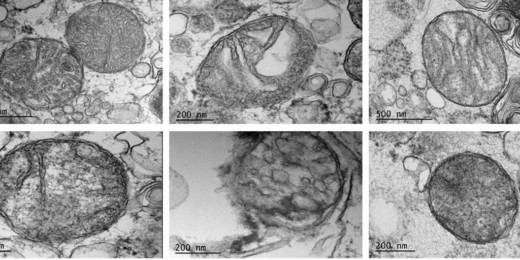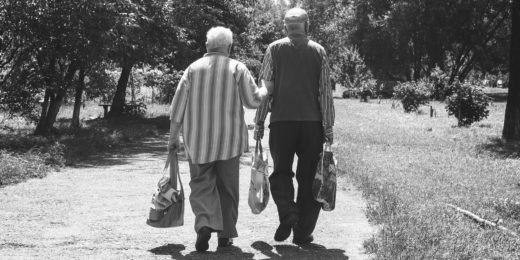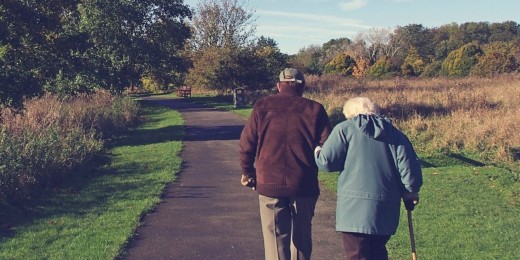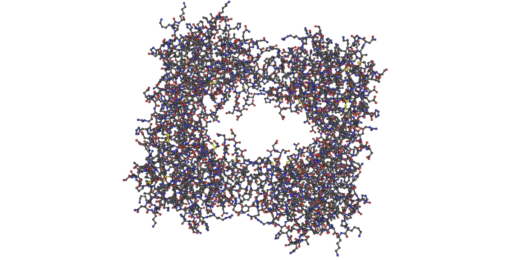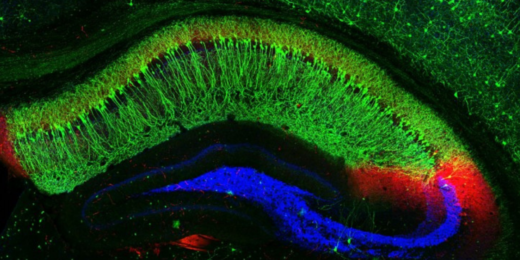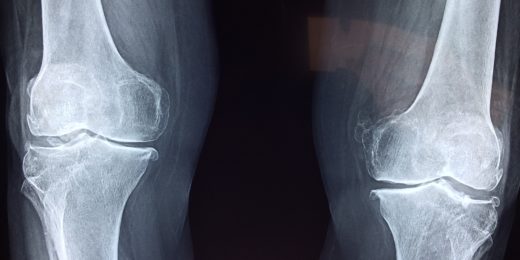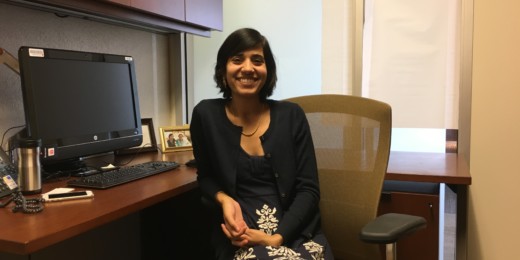Cellular respiration has a downside: Its byproducts harm the mitochondria that perform this trick, endangering our brain cells.
Category: Osteoporosis
Mental health among older, low-income adults in the U.S. is getting worse
A survey of Americans' well-being shows that seniors with low incomes are reporting worse mental health while their physical health is stable.
AARP CEO shares a new vision of aging: Something to look forward to
The latest Dean's Lecture Series featured AARP CEO Jo Ann Jenkins on aging: "We need to prepare for a time when it's commonplace to live to be 100."
Low-income, older Americans are healthier in affluent communities
The health of poor, older adults in the U.S. varies substantially across local geographic regions, Stanford researchers found.
Ingredients for a long, healthy life: A social perspective
Stanford's Susan Golden discusses how life expectancy is steadily increasing worldwide and how to prepare and live a healthy long life.
Aspirin for prevention: A look at the potential benefits and risks
This is the first in a series of three blog posts on aspirin for prevention. It clarifies the potential benefits and harms of aspirin use.
Leading the way in emergency care for older adults
A geriatric care specialist talks about the special needs of aging patients and how the Stanford Department of Emergency Medicine is responding.
Why do prostates enlarge? Researchers look to genomics to learn more
Researchers discover a "genomic signature" that flags enlarged prostates, as well as two genes implicated in the development of the condition.
Immune-cell culprits fingered in osteoarthritis
Osteoarthritis has traditionally been thought to be an inevitable result of wear and tear. But it's now clear the immune system is playing a leading role.
Molecule on brain blood-vessel walls may contribute to aging-related forgetfulness
Old mice suffered far fewer senior moments on memory tests when Stanford investigators disabled a single molecule dotting the mice’s cerebral blood vessels.
Roommates’ exchange fuels research collaboration
Recent Stanford research on the importance of a particular gene in aging can be traced to a casual conversation between roommates.
Blocking protein that impairs brain’s clean-up crew improves old mice’s smarts
Brain cells called microglia keep brains young by eliminating accumulations of protein debris. But their garbage-colllection ability fades with age.
Preventing osteoarthritis, an orthopaedic surgeon’s goal
Orthopaedic surgeon Constance Chu has spent her career seeking ways to prevent osteoarthritis from developing after a knee injury.
In the Spotlight: “The world is your oyster in geriatrics”
In this In the Spotlight Q&A, Meera Sheffrin discusses her work as a Stanford geriatrician and offers insight into aging and health.
How we all can benefit from “the oldest and wisest”
A wellness speaker/author calls for turning to the older members of our society for wisdom and advice.
Can flicking a molecular switch restore the aging immune system’s competence?
With age comes wisdom: mostly true. But a new study helps explain why one part of us - our immune system - gets decidedly dumber with age.


